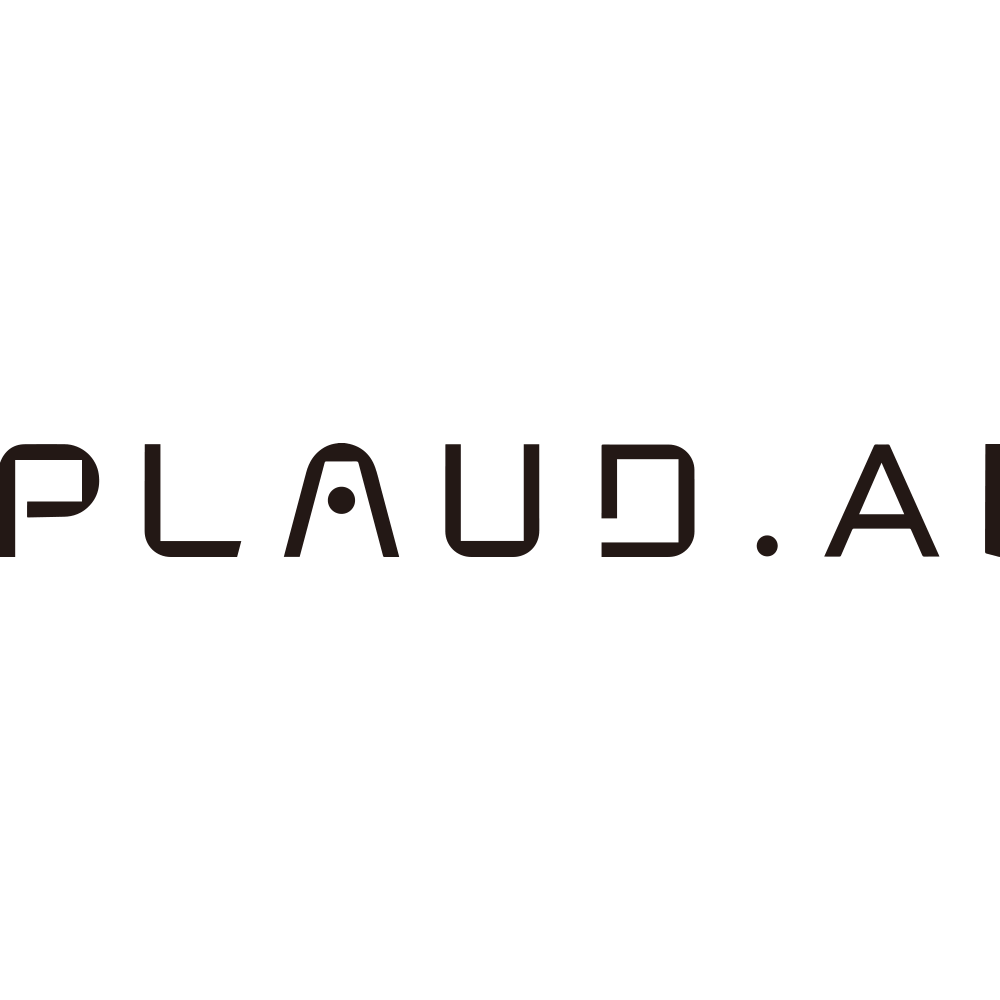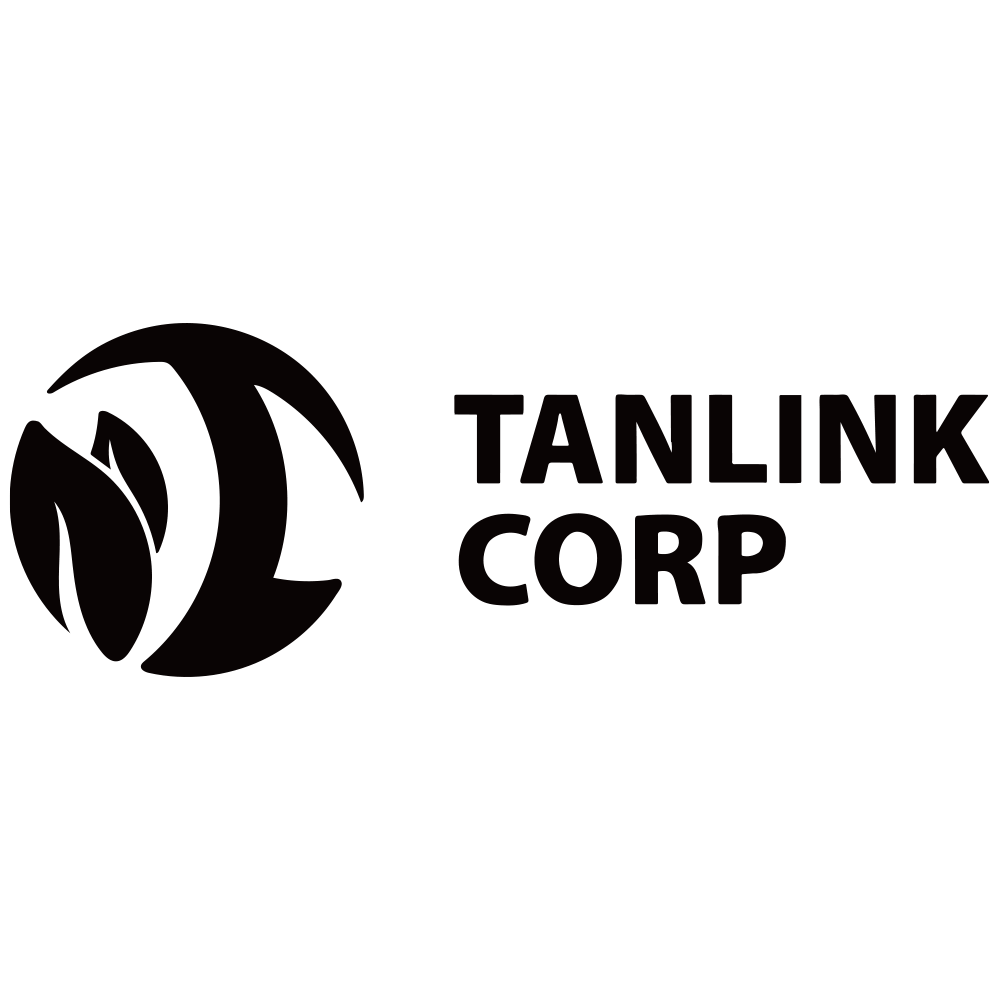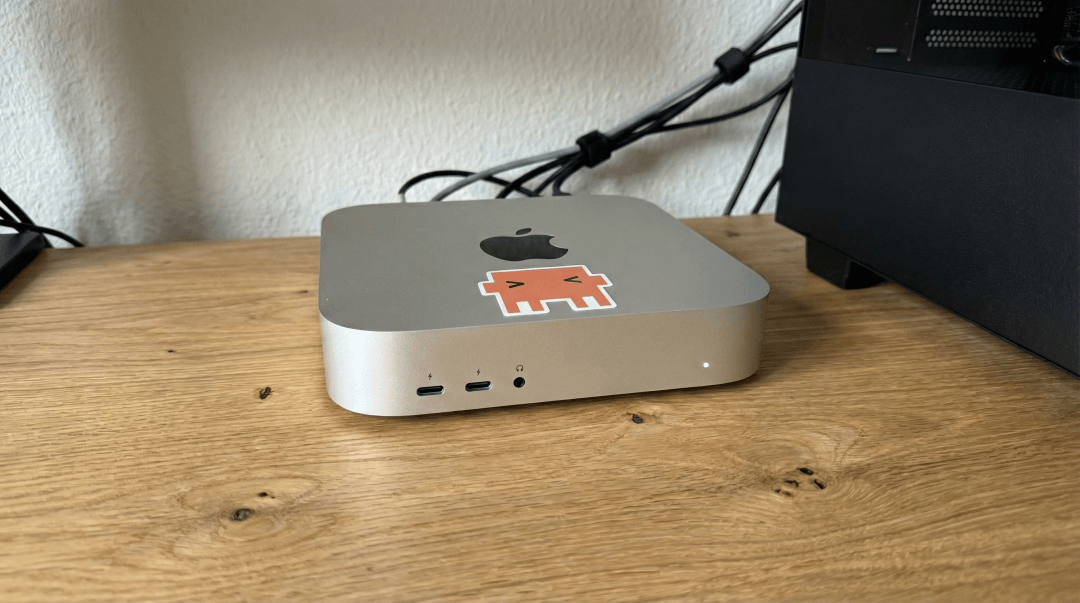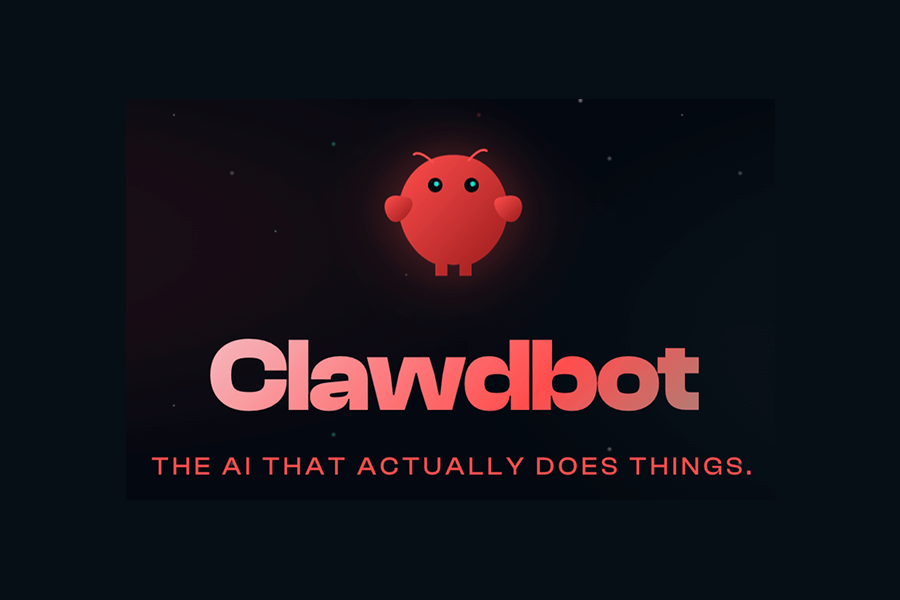IVR (Interactive Voice Response) solutions integrate a range of automated telephone system technologies to serve callers via voice or menu inputs. These solutions are widely seen in call centers to help them improve overall customer experience and focus on complicated matters.
What is the best call center IVR solution? Are there IVR solutions for small businesses? What are the benefits of IVR solutions? If you are also trying to figure these questions out, this blog post from Solvea is what you need.
What Is an IVR Solution
An IVR solution is a type of automated telephone platform that allows businesses to interact with callers and guide them to the right resources through voice prompts and keypads. They provide self-service menu options and information to help callers solve issues without human intervention.
What Are Hosted IVR Solutions
Hosted IVR solutions are cloud-based platforms that use automated voice messages and speech recognition to route customer calls. They help callers get the appropriate resources or services at any time without the need for human input.
Rather than pressing a number on the phone to select the right department, hosted IVR solutions can understand and interpret the needs of the customers via voice recognition. They directly transfer callers to their needed extension and enable online payments.
What Are Cloud IVR Solutions
Cloud IVR solutions remove the need for physical hardware configuration. They utilize cloud computing technology to build automated voice-based systems, which allow you to interact with callers via pre-recorded messages and voice. With these automated voice prompts, cloud IVR solutions allow callers to make payments, connect to relevant agents, and get needed information quickly.
What Are the Benefits of IVR Solutions
IVR solutions are becoming increasingly popular in all walks of life, especially in the customer service industry. As the AI era comes, IVR solutions even have the ability to mimic human conversation and significantly improve customer experience. Here are the key benefits of IVR solutions for customer service.
- Enhanced customer experience: A conversational IVR solution can provide customers with personalized experiences by understanding their actual intent.
- Reduce waiting times: Since IVR solutions automate repetitive inquiries and identify potential needs, customers can get a quick and appropriate response while letting agents focus on more complicated tasks.
- Cost savings: IVR solutions reduce the number of calls that require human intervention, reducing the investment in staffing. Besides, cloud-based IVR software saves costs on physical hardware configuration.
- Customer data analytics: An effective IVR system can gather customer data to help your team identify market trends and areas for improvement.
How Does an IVR Solution Work
An IVR solution in call centers works by combining telephony systems with automation technologies. The IVR system usually includes an application server that hosts the IVR software and stores the necessary interaction databases. It enables computers to directly interact with your telephone systems through Computer Telephony Integration (CTI).
To put it simply, IVR platforms greet callers using pre-recorded prompts or menu options. Advanced IVR systems even use speech recognition and Natural Language Processing (NLP) to understand spoken commands from callers, which makes them enjoy personalized service.
What are the Best IVR solutions for Call Centers
As we all know, call centers experience the frustration of long hold times and being transferred between departments. Interactive voice response (IVR) software resolves these hassles by routing callers to the right departments and automatically answering common questions.
So, an IVR system is essential for modern call centers. Here’s a roundup of the best IVR solutions in 2025.
1.Five9
Five9 is a cloud-based IVR call center solution for teams that need workforce management and workflow automation. With an AI-powered IVR system, Five9 can automate caller interactions to reduce the need for live agents. It also features natural language processing (NLP) for self-service and integrates with current CRM software.

It provides you with 6 different types of call recording, automatic dialers, interaction analytics, etc. Here’s why we like it:
Key benefits:
- AI-driven IVAs handle routine and standard customer requests.
- Omnichannel IVR support, including voice, chat, SMS, and social media.
- Sentiment analysis identifies key trends and emotions of callers.
- Predictive call routing to understand customer intent.
- Seamless CMR integration with Salesforce, Zendesk, and other platforms.
Pricing: starting at $119 monthly per user.
Best for: Sales-focused teams
2.Twilio
Twilio is an API-driven IVR provider best suited for companies needing a tailored IVR workflow and deep integrations. This software allows businesses to design their own IVR flows using a code-based customization tool and a drag-and-drop editor. What’s more, it is also a CPaaS provider that allows you to build a completely custom communication system via APIs and integrations.
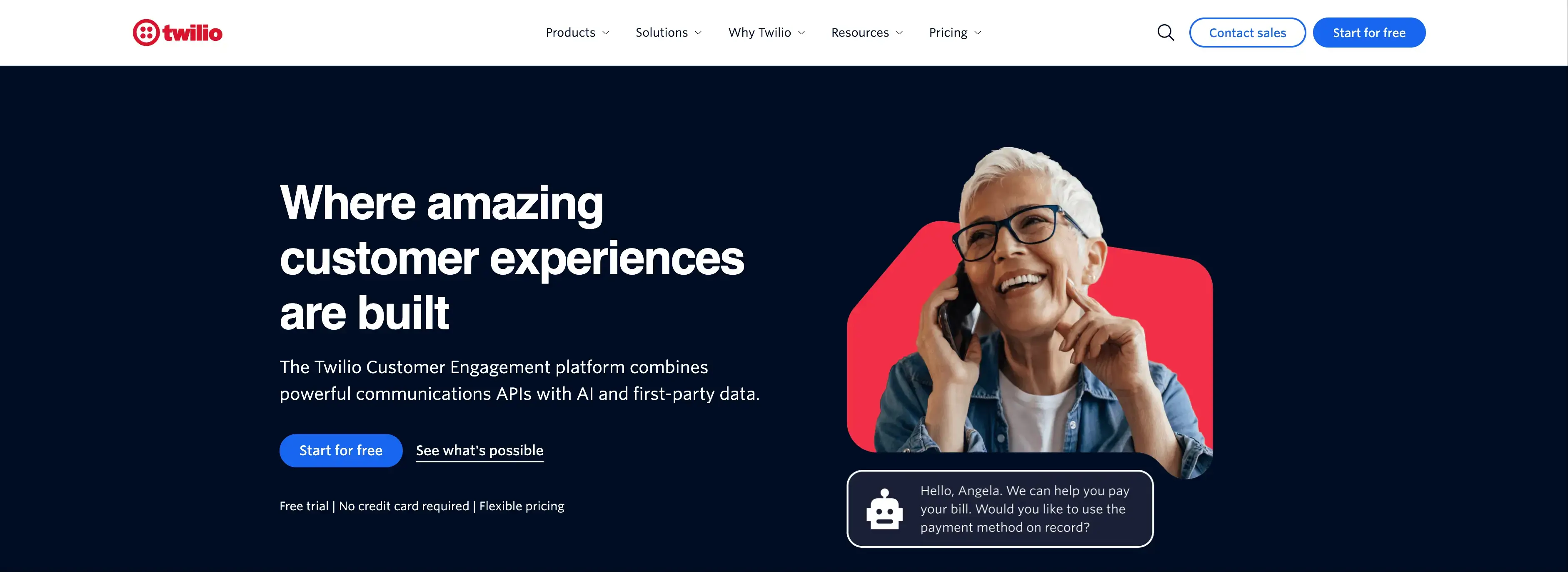
Key benefits:
- Completely custom IVR system to build your own voice and messaging workflows with Twilio Studio.
- Multi-channel IVR self-service includes voice, SMS, and chatbot.
- Robust integrations with Google Dialogflow and IBM Watson for conversational AI.
- High scalability can adapt to the evolving needs of teams.
Pricing: pay-as-you-go pricing for usage.
Best for: Companies with low call volume and companies with IT employees.
3.Genesys
Genesys is a comprehensive IVR provider that features AI-driven chatbots, self-service automation, and intelligent routing. This solution enables businesses to optimize customer experience management by analyzing the entire interaction process and identifying potential customer needs. Its AI-driven system offers numerous advanced features, including native voice bots, speech analytics, and predictive routing.
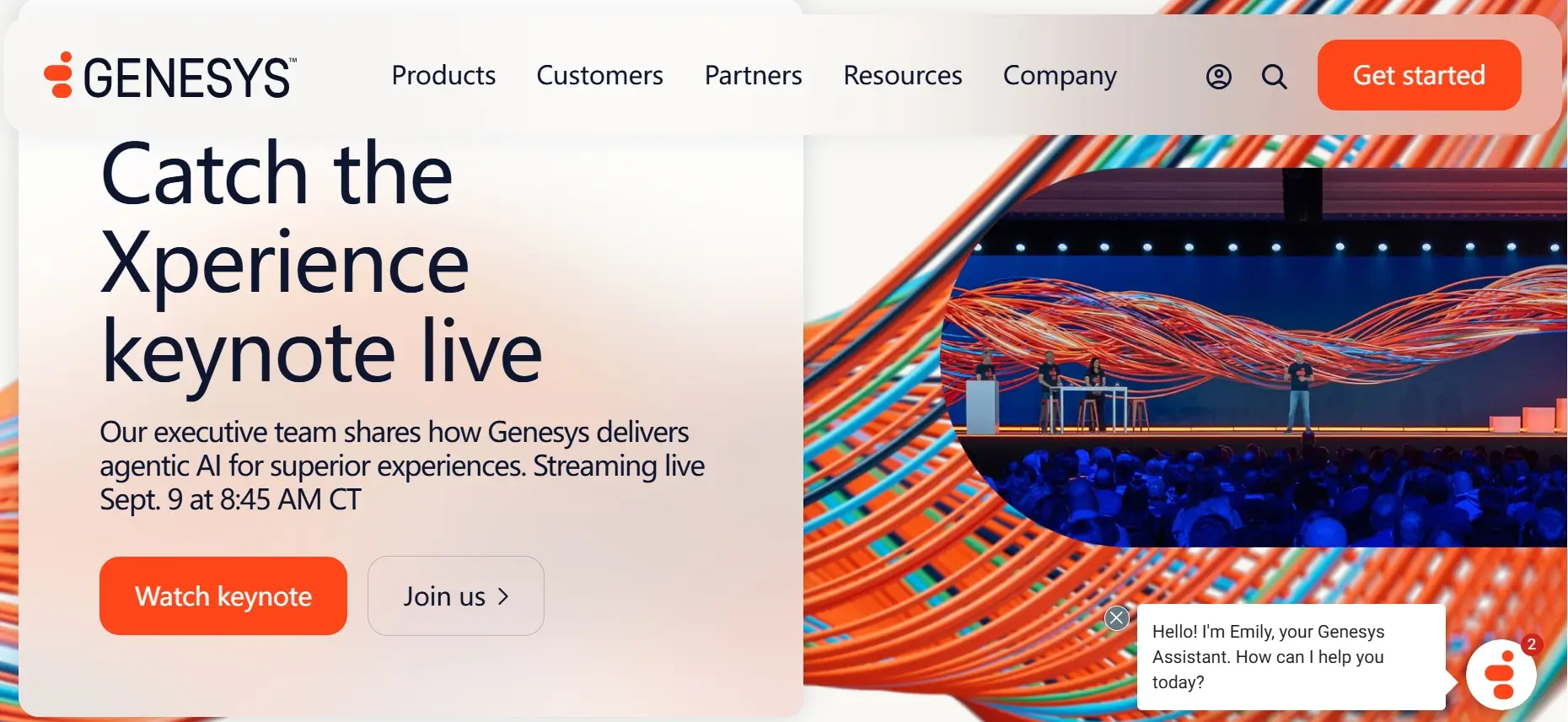
Key benefits:
- The AI-driven IVR system with predictive routing optimizes call distribution.
- Advanced customer analytics keep track of interactions across all touchpoints.
- Customizable self-service chatbots automate common requests.
- Real-time performance monitoring for IVR usage and efficiency.
Pricing: offers 55 plans that range from $75 to $155 monthly per user.
Best for: medium-sized businesses or growing companies.
4.NiCE
NiCE is a powerful call center IVR solution with omnichannel support and AI-driven self-service options. It offers voice-only and digital-only plans that allow you to add various tools, such as agent performance analytics, AI forecasting, quality management, etc. Its Voice of the Customer (VoC) tool can monitor the sentiment across interactions and self-service to improve customer satisfaction scores.
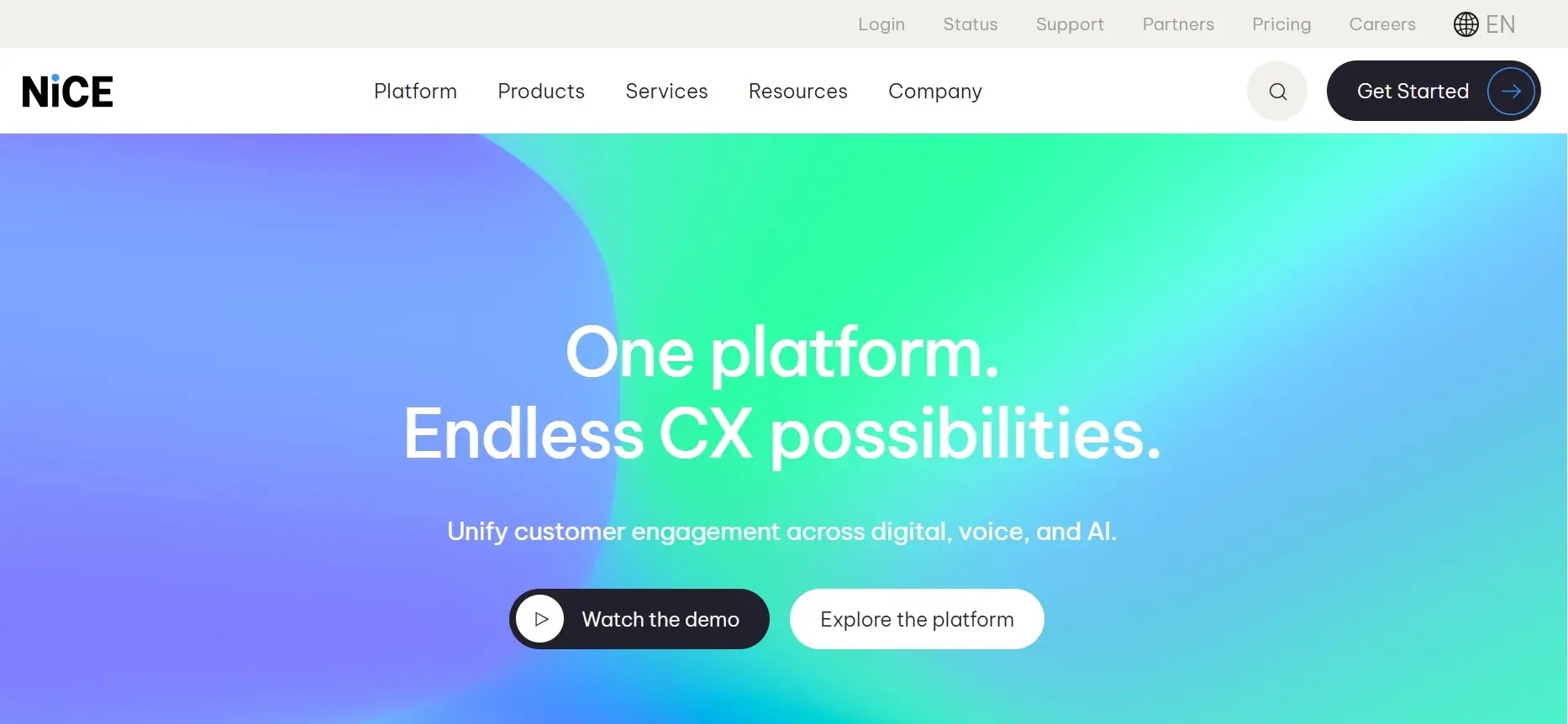
Key benefits:
- Omnichannel supports, including voice, chat, SMS, and email interactions.
- AI self-service options reduce agent workload and waiting times.
- Quality management tools track customer sentiments.
- Workforce engagement management ensures optimal performance during call volume spikes.
Pricing: offers 7 plans ranging from $71 to $249 monthly per user.
Best for: CX-focused enterprises and digital-only teams.
5.Plum Voice
Plum Voice offers enterprise-grade and scalable call center IVR solutions ideal for businesses seeking advanced voice automation and flexible IVR scripting. Focusing on no-code and low-code development, Plum Voice enables companies to design and deploy customer-centric interactive experiences.
Its AI-powered speech recognition, voice analytics, and PCI-compliant payment processing are well-suited for many industries, such as finance, healthcare, and customer service.
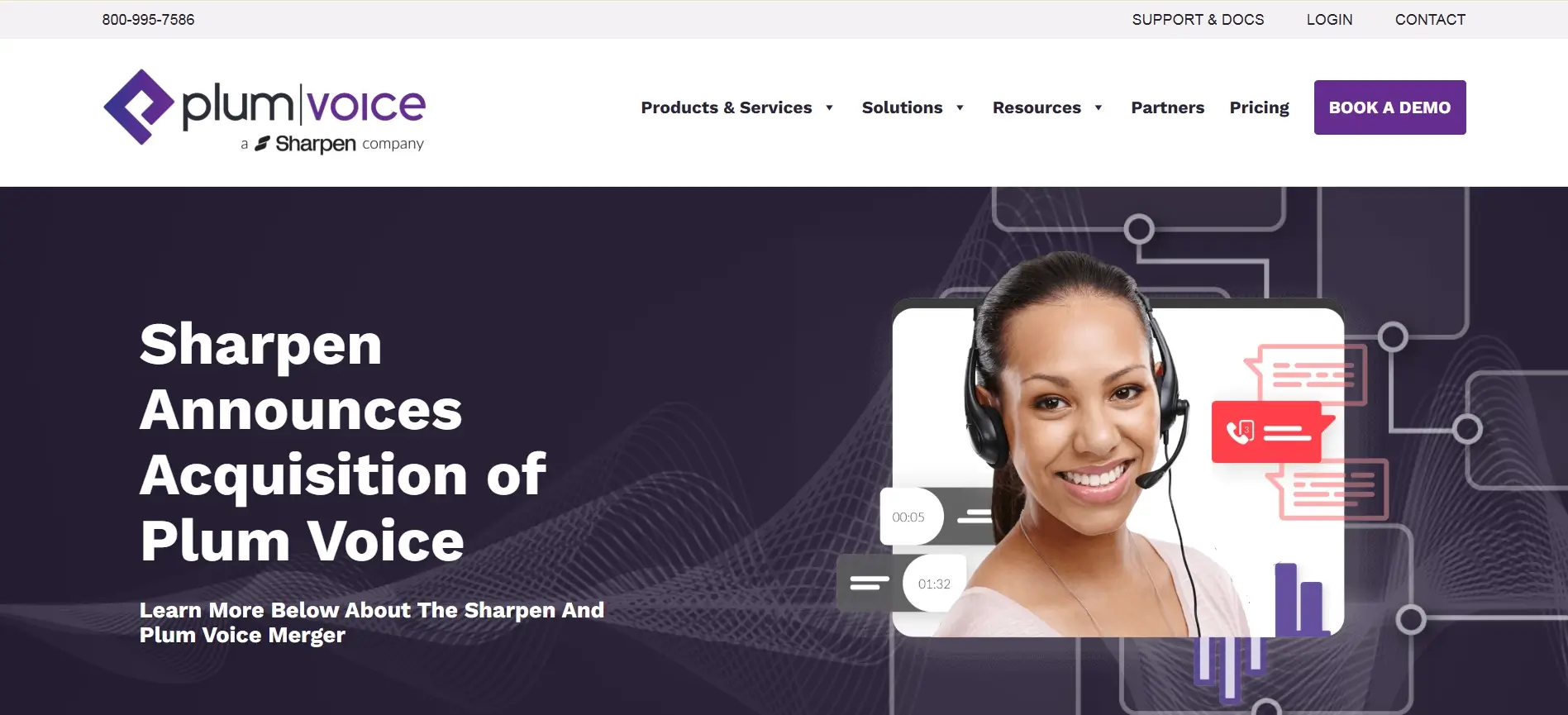
Key benefits:
- No-code and low-code development offer an easy and intuitive builder for designing call flows.
- AI-powered voice recognition and NLP support conversational speech instead of touch-tone input.
- PCI-compliant voice payment enables customers to complete transactions through voice prompts securely.
Pricing: offers a custom pricing model depending on your call volume.
Best for: Companies that have a business VoIP system or need custom IVR systems.
What Are the Best IVR Solutions for Small Businesses
IVR solutions are particularly valuable for small businesses. This section introduces several of the most cost-effective IVR systems suitable for small businesses.
1.RingCentral
RingCentral is a feature-rich IVR solution that offers a business phone system, video calling, and team chat messaging within a simple interface. It not only provides a basic voice IVR solution but also ACD capabilities and CRM integrations for pop-up calls and standard voice analytics.

Core features:
- Easy-to-use IVR editor allows you to edit IVR menus, customize extensions, add external transfers, etc.
- Advanced call routing, including direct inward dialing, business hour routing, caller ID routing, and more.
- Outbound auto dialers with voice mail drop, agent scripting, IVR, list management, call disposition, etc.
Pricing: offers 3 plans ranging from $20-$35/user/month.
2.8x8
8x8 is a cloud-based enterprise IVR solution with multi-level auto attendant and IVR capabilities. This platform features voice, video, and team chat messaging with basic call handling functions and standard IVR. It also provides intelligent IVR, high-level speech analytics, and automated post-call recordings to meet growing business needs. Its mix-and-match pricing helps small businesses keep costs down.

Core features:
- Conversational AI-driven voice assistant routes interactions using speech recognition and NLU.
- Integrations with 50+ third-party software for a personalized customer experience.
- Custom IVR metrics are shown as an intuitive interface, like sentiment analysis, word clouds, search by keyword/agent, etc.
- Call routing includes time-based, schedule-based, agent status-based, skills-based, and omnichannel routing
Pricing: offers quote-based plans for both business communication and contact centers.
3.Aircall
Aircall is also a cloud-based IVR system for small businesses seeking comprehensive fundamentals, like voice calling, SMS, and advanced call management features. With its Smartflow builder, Aircall offers solid IVR capabilities and CRM integrations for in-call insights. Its AI-powered features help your team generate call summaries, recognize call topics, transcribe voicemail/call, analyze customer sentiment, and so on.

Core features:
- Visual dynamic IVR editor makes it easy to design call flows, set up multi-level menus, and customize greetings.
- CMR integrations easily sync call data with Salesforce, HubSpot, and Zendesk.
- Call queues and transfers can direct high call volumes to the right agent and department quickly.
- Add custom music and audio messages when configuring an IVR system.
Pricing: offers 3 plans that start at $30/user/month.
4.Dialpad
Dialpad is a call center solution that optimizes the IVR customer support process and agent productivity through AI and advanced automation technologies. Small and new businesses can benefit from Dialpad’s advanced AI features, like machine learning, real-time analytics, and Conversational AI-powered chatbots. Besides, all its plans offer AI-powered in-call agent coaching, post-call summaries, and multi-level auto attendants.

Core features:
- IVR workflows provide a multi-lingual IVR call menu, voicemail options, and more.
- Real-time agent assists customers based on live call transcription, keyword recognition, and machine learning.
- IVR analytics can track live customer sentiment, call dispositions, and missed call ratios to identify areas for improvement.
Pricing: offers 3 plans ranging from $15-$25/user/month.
IVR Solutions FAQ
1.Which IVR solution is best?
The best IVR solutions vary from different business sizes, demands, goals, and technical expertise. For example, Genesys, Nextiva, and Five9 are suitable for large enterprises seeking omnichannel features, while budget-friendly providers, like RingCentral, Ainvox, and Aircall, are ideal for small businesses.
2.What is the difference between IVR and VoIP?
VoIP (Voice over Internet Protocol) is a communication technology that enables you to make phone calls via a broadband Internet connection instead of traditional phone lines, while IVR (Interactive Voice Response) uses the VoIP technology to automate call interactions within a phone system.
3.Is IVR a form of AI?
Advanced IVR systems, like hosted/cloud-based IVR, usually leverage AI technologies. To understand and respond to human speech in real-time, these IVR systems adopt AI, natural language processing (NLP), machine learning, and other technologies.
4.What is a virtual IVR solution?
A virtual IVR solution is a cloud-based phone system that uses voice recognition and pre-recorded voice prompts to automate caller interactions. It allows callers to self-serve for common questions or guides them to the right department for more complex issues.
5.What are the best IVR solutions for handling high-volume customer inquiries?
There are several top IVR solutions to help you handle high-volume customer inquiries, such as NiCE, Talkdesk, Genesys Cloud CX, RingCentral, Five9, etc. Alternatively, you can choose one from the above recommended providers.







